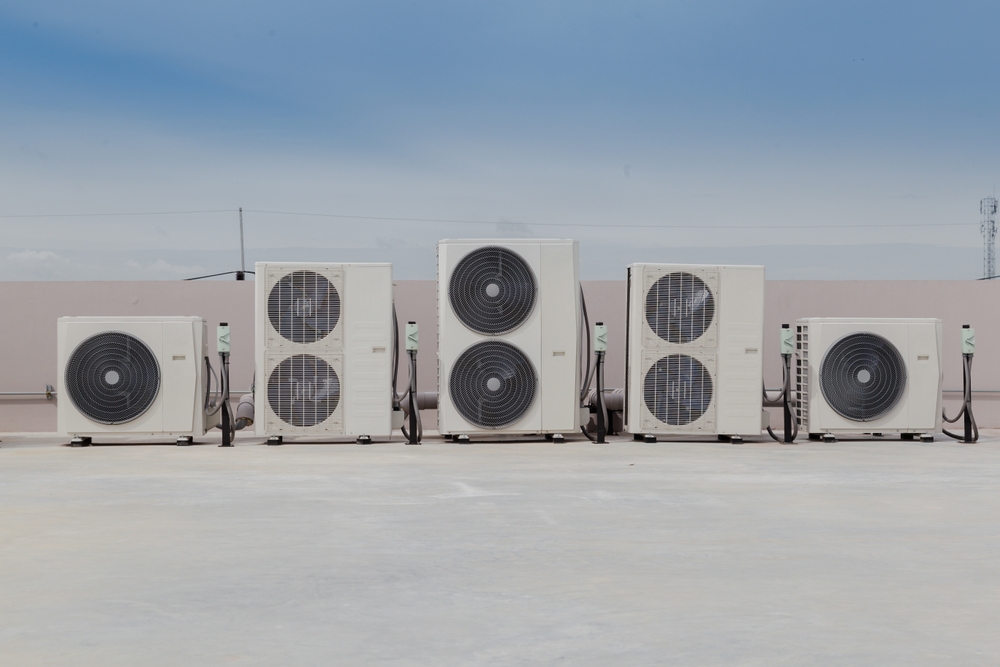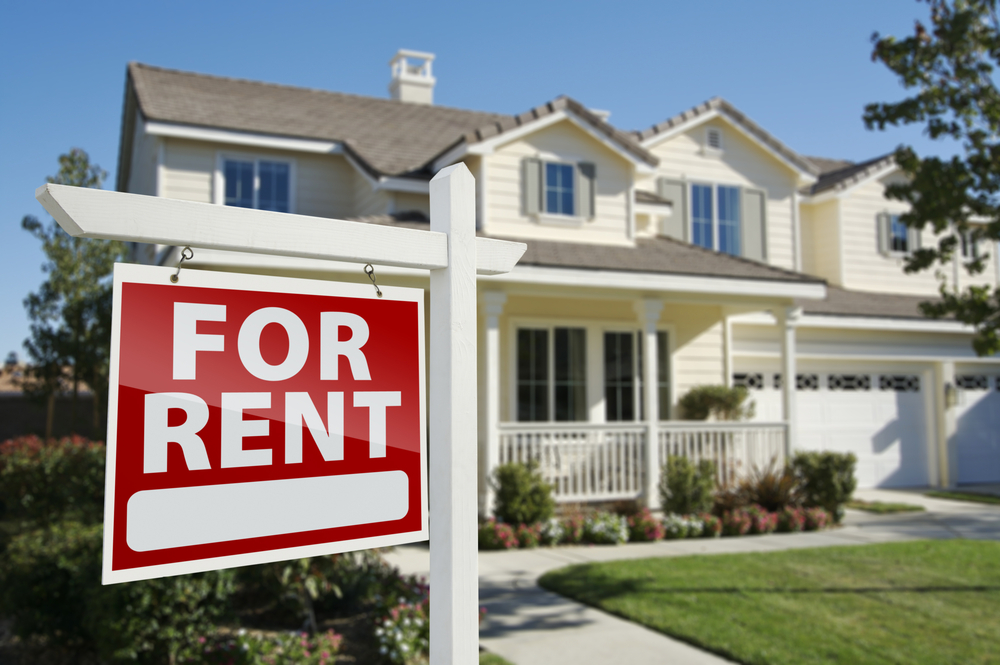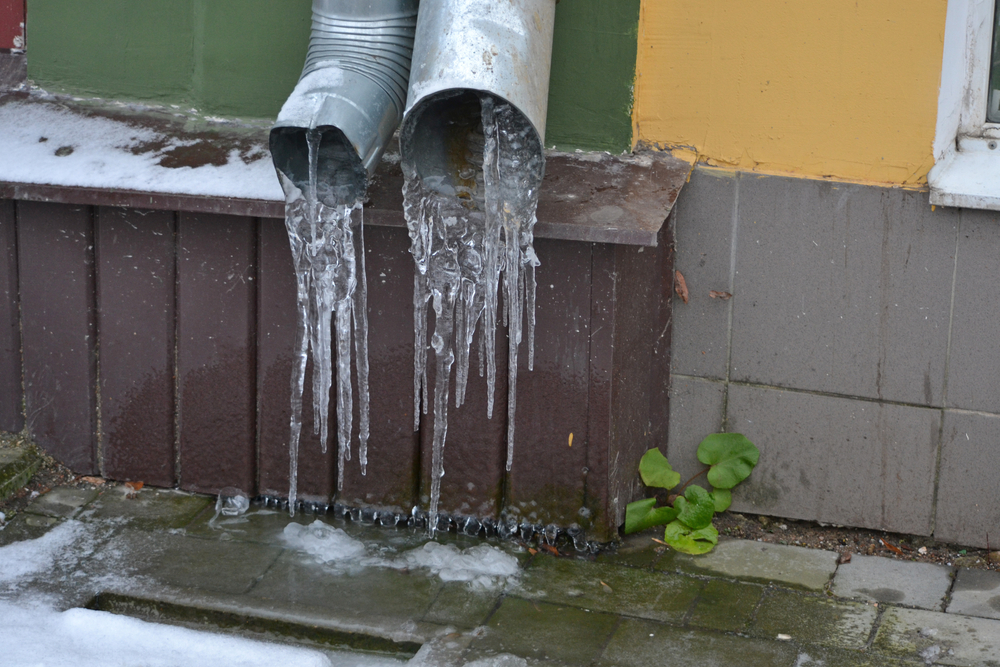
This article explores landlord responsibilities around air conditioning, explains how lease agreements can shape obligations, and highlights key considerations for property owners looking to avoid costly disputes or compliance issues.
In most states, the answer is no. Air conditioning is not legally required unless specifically mandated by state or local law. Instead, landlord responsibilities generally fall under the implied warranty of habitability, a legal doctrine that requires rental properties to be safe, sanitary, and fit to live in.
While this standard does cover critical systems like plumbing, heat, hot water, and electrical service, it typically does not include air conditioning—unless failing to provide it would pose a health risk in the local climate or in the context of a tenant’s disability.
Although definitions vary slightly from state to state, a habitable rental unit generally must include:
In short, the law ensures basic livability. Air conditioning, unless otherwise specified, is not considered essential—except in certain jurisdictions or special cases.
Under the Fair Housing Act and Americans with Disabilities Act, landlords may be required to make reasonable accommodations for tenants with medical conditions that make air conditioning essential. In such cases, even in a state where A/C isn’t otherwise required, landlords may need to provide or allow for cooling devices such as window units.
Additionally, some states and cities treat air conditioning as a legal requirement due to extreme climate conditions.
These examples highlight how location matters. Property owners should review both state and municipal laws for cooling-related requirements.
Even if not legally required, many landlords choose to offer air conditioning as a standard amenity—just like a dishwasher or laundry unit. When this is the case, it becomes part of the lease agreement, and landlords are typically responsible for maintenance and repairs.
In California and Georgia, for example, landlords must maintain any appliance or system that was working at the time of move-in and included in the lease. Failure to do so can result in lease violations, rent withholding, or legal claims from tenants.
When air conditioning is included, landlords are responsible for repairs unless:
Timelines for repair also vary by state:
Even if your jurisdiction doesn’t specify a repair deadline, it's best practice to address A/C issues quickly or offer temporary solutions—such as portable units or fans—while repairs are being scheduled.
How to Handle A/C Responsibility in Lease Agreements
In jurisdictions where A/C is not required, landlords can limit or exclude responsibility for cooling systems in the lease. However, this must be explicitly stated in the rental agreement.
Here are a few guidelines:
Importantly, if air conditioning is not mentioned at all in the lease, a tenant may argue that it was an implied service, especially if it was functioning during move-in. Courts often favor the condition of the unit at the start of tenancy as a standard for what should be maintained.
Proactive communication and routine inspections can reduce misunderstandings around A/C expectations:
Conclusion: Know the Law—and Plan Ahead
Whether air conditioning is optional or essential depends on your location, your lease terms, and your tenants' needs. Landlords should familiarize themselves with local laws, clarify maintenance responsibilities in writing, and maintain open communication with tenants.
Partnering with an experienced property management company can help ensure compliance, reduce liability, and keep tenants satisfied—especially when the temperatures start to rise.
If you're looking for expert help managing tenant communication, lease compliance, and seasonal maintenance, Gordon James Realty can support your goals. Explore our residential property management services or contact us today to learn more.

Learn how to rent out your house with expert tips on preparation, pricing, marketing, tenant screening, and management for new landlords.

Learn how to handle frozen pipes in rental properties, prevent damage, and when to call a plumber or property manager for fast, effective solutions.
We're proud to make partnering with us easy. Contact our team to connect with one of our industry experts and get started today.